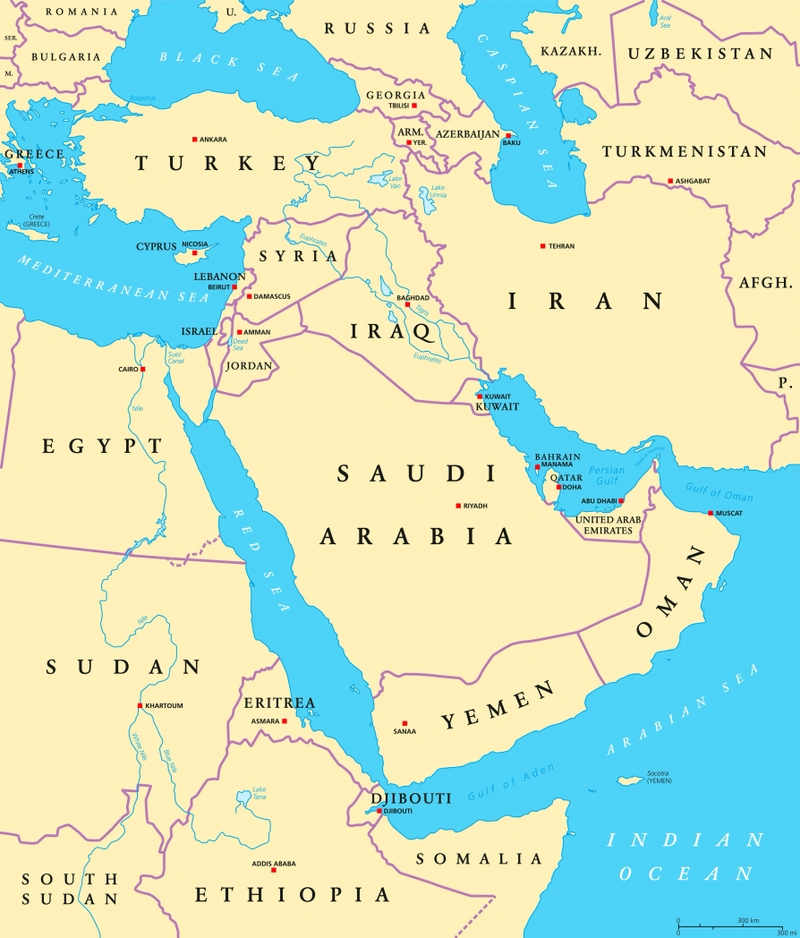
- Militants target traffic using Suez Canal
- BP and other companies reroute tankers
- Panama Canal drought adds to disruption
A rising number of attacks on merchant shipping in the Red Sea is threatening to send oil and gas prices higher, undoing some of the progress in taming inflation this year.
There are already reports of shipping in the area ‘grinding to a halt’ on the approach to the Suez Canal, an all-important waterway for goods traveling from Asia to Europe and vice versa.
COLLATERAL DAMAGE
The attacks are linked to the conflict between Israel and Hamas, with Yemen-based Houthi militants aiming to disrupt shipping heading into the Mediterranean, potentially to support the Israeli campaign.
On Monday, oil giant BP (BP.) said it had halted all shipments of oil, both using its own ships and those it charters, through the Red Sea due to the ‘deteriorating security situation’.
Norwegian energy company Equinor (EQNR:NYSE) also said it would cease using the Red Sea and the Suez Canal and would re-route its tankers.
Lars Barstad, chief executive of the management unit of Norwegian tanker owner Frontline (FRO:NYSE), said in a Bloomberg interview: ‘It’s a huge concern. It has been escalating beyond what we have seen at any point in time really.’

An estimated 12% of maritime trade uses the canal, and sending ships around the Horn of Africa instead of the Red Sea and the Suez Canal means weeks of delays and tens of thousands of dollars in added costs.
Brent crude oil prices have already started to rise, and the Financial Times reported UK benchmark gas prices have jumped as much as 14% with European gas prices up a similar amount on fears over imports of LNG (liquified natural gas).
Western governments are scrambling to come up with a response to the attacks, with the US National Security Council saying it would reinforce the Fifth Fleet in Bahrain, but any agreement needs the support of other Gulf countries.
ADDED COMPLICATIONS
To compound the issues in the Red Sea, one of the world’s other vital waterways – the Panama Canal – has had to restrict the number of crossings due to a severe drought caused by the El Niño weather phenomenon.
Climate change and geopolitics could force transport costs higher again
These disruptions to global trade come just as the threat of inflation appeared to be under control and central banks had signaled a possible end to interest rate hikes.
As well as forcing up the cost of fuel and goods, the attacks in the Middle East are leading to a jump in shipping rates and a sharp increase in the cost of insurance.
Spot rates for 40-foot containers using the normal route from Asia to Mediterranean ports have jumped by more than 10% in the last week, and the cost of cover against war risks around the Red Sea has reportedly leapt almost 10-fold since the first attacks occurred.




